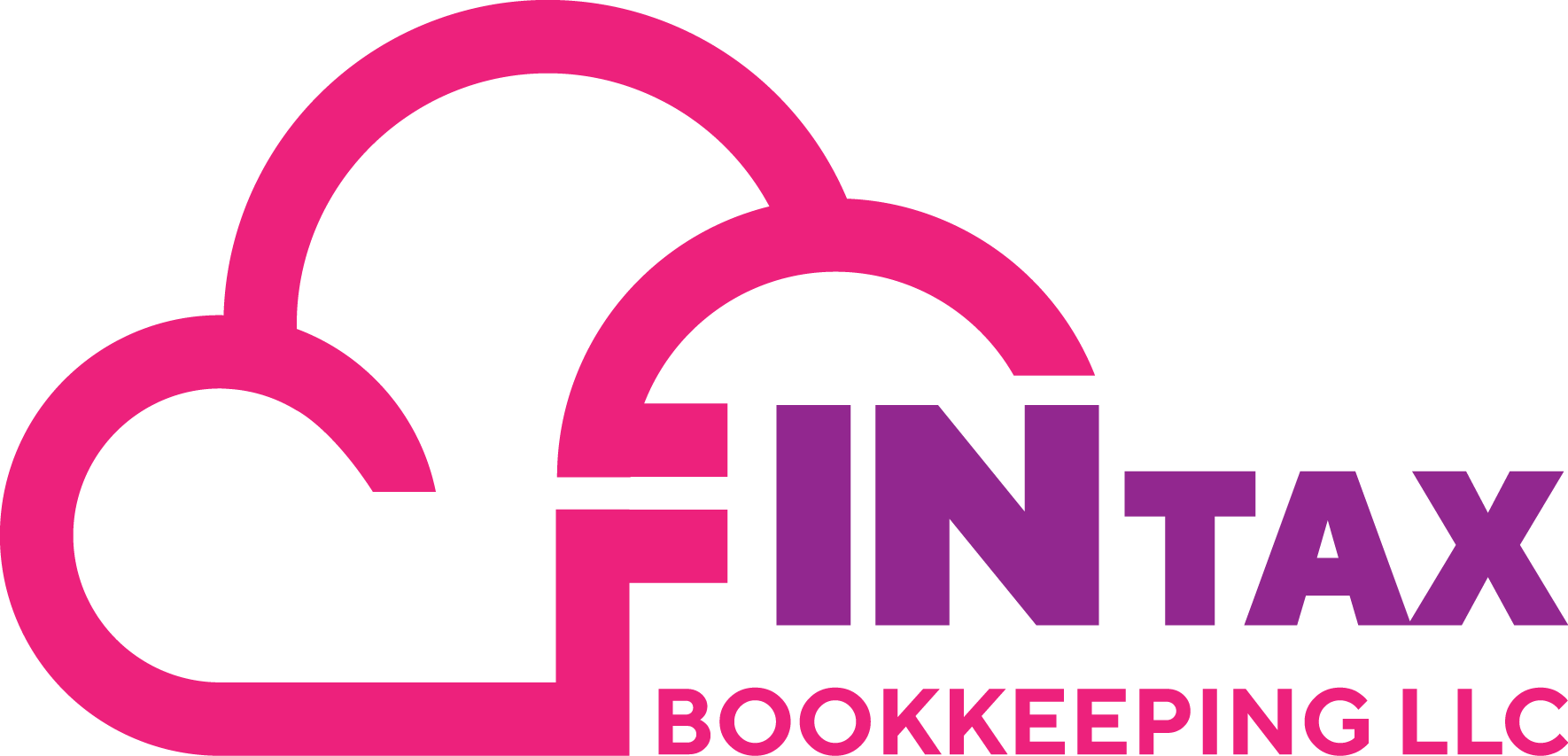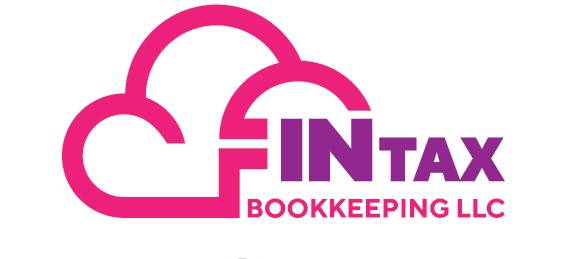1. Cloud Accounting
The latest trend in the accounting world is marked by the shift to “the cloud” to save money and improve user experience. Cloud accounting software will continue to enjoy strong growth Globally. Firms are increasingly organized around decentralized and remote teams, which is driving even faster cloud tech adoption.
In 2020, 78% of small businesses will rely solely on cloud accounting technology.
The global cloud accounting market size was $2.62 billion in 2018 and is projected to reach $4.25 billion by the end of 2023 (a 63% increase).
According to Quickbooks & Xero, accounting firms that exclusively use cloud accounting acquire 5X more customers than those who don’t.
2. Artificial Intelligence And Automation:
Artificial Intelligence (AI), Robotic Process Automation (RPA) and Machine Learning have been prominent in the industry press for several years.
Using cloud-based accounting software, accountants will be able to automate tasks like data entry, invoice capture, and bank reconciliation. They will get accurate data and reclaim their time back to do valuable business with clients. And scanned ang bills and directly posing entries from Mobiles.
In 2020, these technologies will continue to be baked into more products in tangible ways. Example applications include:
Accounts payable and receivable and Its Workflows, Banking integrations to sync transactions
And third party Apps integrations and API accesses
Automated data extraction and data entry with varies formates
Natural language processing of queries such as, “How much did I spend on stock last quarter?”
Fraud detection by analyzing all transactions, not just a small sample
Complex document and contract analysis
These applications aren’t coming soon. They’re already here.
3. The Remote Workforce Is Growing
Trends such as telecommuting, flexible workforce and outsourcing are driving an increase in non-traditional office and team structures.
The old way was to insist that all team members physically attend a central office within officially mandated hours. The new way is to focus less on a specific physical arrangement of humans, and more on ensuring the right people are in the right roles at the right price.
As the largest global outsourcing specialist serving the accounting industry, TOA Global workforce growth illustrates this trend.
4. Extracting Maximum Value From Fewer Internal Apps:-
With smart devices becoming more powerful and faster, their usage has gone up radically of late. People are now used to doing their work on the go. They are accessing information online and using various applications via the internet.
Recent years have seen an explosion in cloud software for accountants. Many firms have adopted this trend with enthusiasm, but now the tide may be starting to turn.
Firms are starting to complain of “App Fatigue” and “App Sprawl”. (A well-known cloud software provider confided in us that the average firm uses only 30% of their features.)
In 2020, we predict firms will invest more time in getting full value from fewer apps, by:
Exploring more features
Diving deeper into staff training
Adding integrations and automations with ADP, Zapier, ITTT and APIs.
5.Blockchain:-
Another trend to look out for in 2020 that will revolutionize accounting and auditing professions is block-chain. The decentralized ledger offers a substantially advanced method to manage finances and money transfers.
Blockchain can improve accounting tasks by cutting down the expenses of managing and reconciling accounts. It provides absolute surety over the history of assets and ownership. The technology can help accountants take cognizance of the responsibilities of their organization and available resources. Besides, it frees up personnel to focus on planning and evaluation, instead of bookkeeping.
Blockchain technology is not restricted to the big players. Smaller, innovative companies are also capitalizing on the technology to offer the most advanced and accessible blockchain accounting software to maintain organization accounts and books, without risking data security. The automated cloud accounting software market is burgeoning with constant innovation.
Therefore, to get ahead, companies need to think about blockchain if they want to gain a competitive advantage.
6. Increased Importance Of Data Security And Control
Accounting firms have always dealt with sensitive financial information. The difference today is that a number of converging trends mean that bulletproof data security is more important than ever. These trends include:
Vastly more data in the cloud
Remote teams and less central control
Cyber criminals targeting accounting firms
Stronger privacy and data breach legislation
Firms are not only responding with security and password management software, but also ensuring that data access and control processes are robust.
As well as generic password management software, industry-specific solutions such as Practice Protect have evolved to address the needs of accounting firms in particular.
7. Mental Health The Biggest Workplace Challenge
Staff development has traditionally focused on helping team members to develop relevant skills. But according to Xero’s latest Mental Health Report, “The biggest workplace well-being challenge is employee mental health” in 72% of workplaces.
Some of the proactive strategies for addressing this challenge include:
Education and awareness of mental health
Building a model where chronic long hours aren’t required
Allowing flexible hours to deal with personal issues
Fostering a positive emotional climate
Zero tolerance of bullying or harassment
Moderating stress for high performance
8. The Ideal Mix Of People + Process + Technology
To date, much of the business improvement in the accounting industry has been driven by accountants responding to the question, “How can I make MY life easier?”.
Today we’re seeing growth in new business models where the focus is on making the client experience amazing.
Rather than adopt a single focus, the firm of the future will seek an ideal mix of people, process and technology:
PEOPLE: smart people focusing on high-value sales, strategy, service and support.
PROCESS: standardized processes and workflows that deliver results “one way, best way” every time.
TECHNOLOGY: technology used where it can create the most impact, not for its own sake.
Conclusion The accounting industry promises a great future for anyone willing to adopt new skills and technology. This applies to both accounts’ professionals and finance firms. AI and automation are set to reduce the manual workload, involving repetitive tasks. However, there won’t be much change at the planning and decision-making level. Cloud accounting software and online accounting will step up workflow, bringing about improved customer satisfaction.


